Malala Yousafzai: from child campaigner to Nobel Peace Prize winner
Nine years after being shot by the Taliban, the 24-year-old is calling on world leaders to help Afghans
A free daily email with the biggest news stories of the day – and the best features from TheWeek.com
You are now subscribed
Your newsletter sign-up was successful
Malala Yousafzai has called on global leaders to help evacuate women’s rights activists from Afghanistan while she recovers from her latest bout of surgery almost a decade after being shot by the Taliban in Pakistan.
In a blog on Podium, the 24-year-old wrote that it was the sixth time she had undergone surgery to “repair the Taliban’s damage to my body” and said she had been lying in a hospital bed in Boston as the Taliban marched across Afghanistan towards Kabul two weeks ago.
“With ice packs and a bandage wrapped around my head, I watched as province after province fell to men with guns, loaded with bullets like the one that shot me,” she continued. “As soon as I could sit up again, I was making phone calls, writing letters to heads of state.”
The Week
Escape your echo chamber. Get the facts behind the news, plus analysis from multiple perspectives.

Sign up for The Week's Free Newsletters
From our morning news briefing to a weekly Good News Newsletter, get the best of The Week delivered directly to your inbox.
From our morning news briefing to a weekly Good News Newsletter, get the best of The Week delivered directly to your inbox.
Since the fateful shooting in 2012, Yousafzai has become the youngest ever recipient of the Nobel Peace Prize, graduated from Oxford University, and written several books.
Growing up
Born in 1997 in northwestern Pakistan into a Sunni Muslim family, Malala Yousafzai showed early signs of a campaigning instinct. At the age of 11 she began writing for BBC Urdu, detailing the Taliban’s growing influence in her home district of Swat.
Under the pseudonym “Gul Makai” (“cornflower” in Urdu), Yousafzai’s blog exposed the spread of violence and political unrest in the area, and her fears that the Taliban would deprive her and other girls of an education. In 2009, the Taliban decreed that no girl could attend school and all girls’ schools were closed.
A free daily email with the biggest news stories of the day – and the best features from TheWeek.com
Following a peace deal, girls were allowed to return to school. Yousafzai and her father, also an education activist, were approached by a New York Times reporter about filming a documentary. After Class Dismissed: Malala’s Story was made, Yousafzai revealed her identity as the BBC blogger and began to appear on television to promote female education.
Death threats
Yousafzai’s high profile led to constant death threats. On 9 October 2012, the 15-year-old was shot in the head by a masked Taliban gunman while travelling on her school bus. In her Podium post this week, she described how the “white school bus went red with blood”. She was told that she “stood still and silent” as she stared at the Taliban fighter before falling into her friend’s lap.
The life-threatening bullet was successfully removed but had caused damage to her brain. Yousafzai was initially treated at a Pakistani military hospital but travelled to the UK for life-saving treatment at Queen Elizabeth Hospital Birmingham, accompanied by her family. By 17 October she was out of her coma and had an operation to reconstruct her skull the following February.
By the time Yousafzai recovered from her injuries, “she had become a global icon of the human toll of Islamist extremism, meeting with prime ministers and presidents”, said The New Yorker.
Campaigning for change
Yousafzai has gained support and admiration from politicians, actors and musicians all over the world, and is a global voice for girls’ rights to an education. On her 16th birthday in July 2013, she spoke at a “Malala Day” event at the UN in her first public speech since the attempt on her life.
In the same year, she and her father Ziauddin Yousafzai founded the Malala Fund, championing the right for girls globally to receive 12 years of free, safe education. Her memoir, I Am Malala: The Story of the Girl Who Stood Up for Education and was Shot by the Taliban, was published in October 2013. It was described as “fearless” by The Guardian and “riveting” by The Washington Post.

Yousafzai has met some of the world’s most powerful people, including Queen Elizabeth and Barack Obama. The former president’s wife told Vogue this year that “right away, it was clear [Yousafzai] belonged in a room with the President of the United States”.
Yousafzai has also been a fierce advocate for refugee rights, sharing her own experience and campaigning for the protection of others. Of her 2019 book, We Are Displaced: My Journey and Stories from Refugee Girls Around the World, she told Bustle: “I hope that by sharing the stories of those I have met in the last few years I can help others understand what’s happening and have compassion for the millions of people displaced by conflict.”
Laureate and student
In 2014, Yousafzai became the youngest ever recipient of the Nobel Peace Prize, sharing the accolade with Indian children’s rights activist Kailash Satyarthi. The pair were recognised “for their struggle against the suppression of children and young people and for the right of all children to education”.
However, the activist admits feeling “a bit embarrassed” about mentioning the Prize in her personal statement when applying for Oxford, and so omitted to mention it.
At university, Yousafzai relished being surrounded by her peers and enjoyed activities as casual as trips to McDonald’s. Her room was a constant “hang-out spot”, and she was “the essay crisis queen”, said Vogue, with 2am library stints a common occurrence for the philosophy, politics and economics (PPE) student.
Looking back
In March 2018, Yousafzai returned to Pakistan for the first time since the attack. “That was the highlight of 2018. I went home and saw my friends, my school teachers, my neighbours, my family members, everyone. We met like hundreds of people there and it was beautiful to see our home again,” she told Seventeen magazine.
“They had still kept [the house] as it was before and my school trophies, books, my bed cover, everything was still there and it was just so beautiful to see that. In a way, it was a sense of completion. I always felt like there was something missing in my life.”
Looking forward
In June, Yousafzai told Vogue that she lies awake for hours at night with uncertainty about what she will do next in her thoroughly documented life. Continued advocacy work is definitely part of the plan, and politics “is not something I have rejected completely”, she told the magazine.
Her production company, Extracurricular, which promises to make documentaries on serious topics, including women’s rights, as well as dramas, comedies and children’s series, has agreed to a multi-year partnership with Apple TV+.
Yousafzai will undoubtedly continue to campaign for the rights of women and girls around the world. “Without the crowds of people holding ‘I am Malala’ signs, without thousands of letters and offers of support, prayers and news stories, I might not have received medical care” in 2012, she wrote this week.
As she followed the unfolding situation in Afghanistan from her hospital bed, the activist said she had been able to help several of women’s rights activists and their families get to a safe place.
But she added “I know we can’t save everyone”.
-
 ‘My donation felt like a rejection of the day’s politics’
‘My donation felt like a rejection of the day’s politics’Instant Opinion Opinion, comment and editorials of the day
-
 Trump wants a weaker dollar but economists aren’t so sure
Trump wants a weaker dollar but economists aren’t so sureTalking Points A weaker dollar can make imports more expensive but also boost gold
-
 Political cartoons for February 3
Political cartoons for February 3Cartoons Tuesday’s political cartoons include empty seats, the worst of the worst of bunnies, and more
-
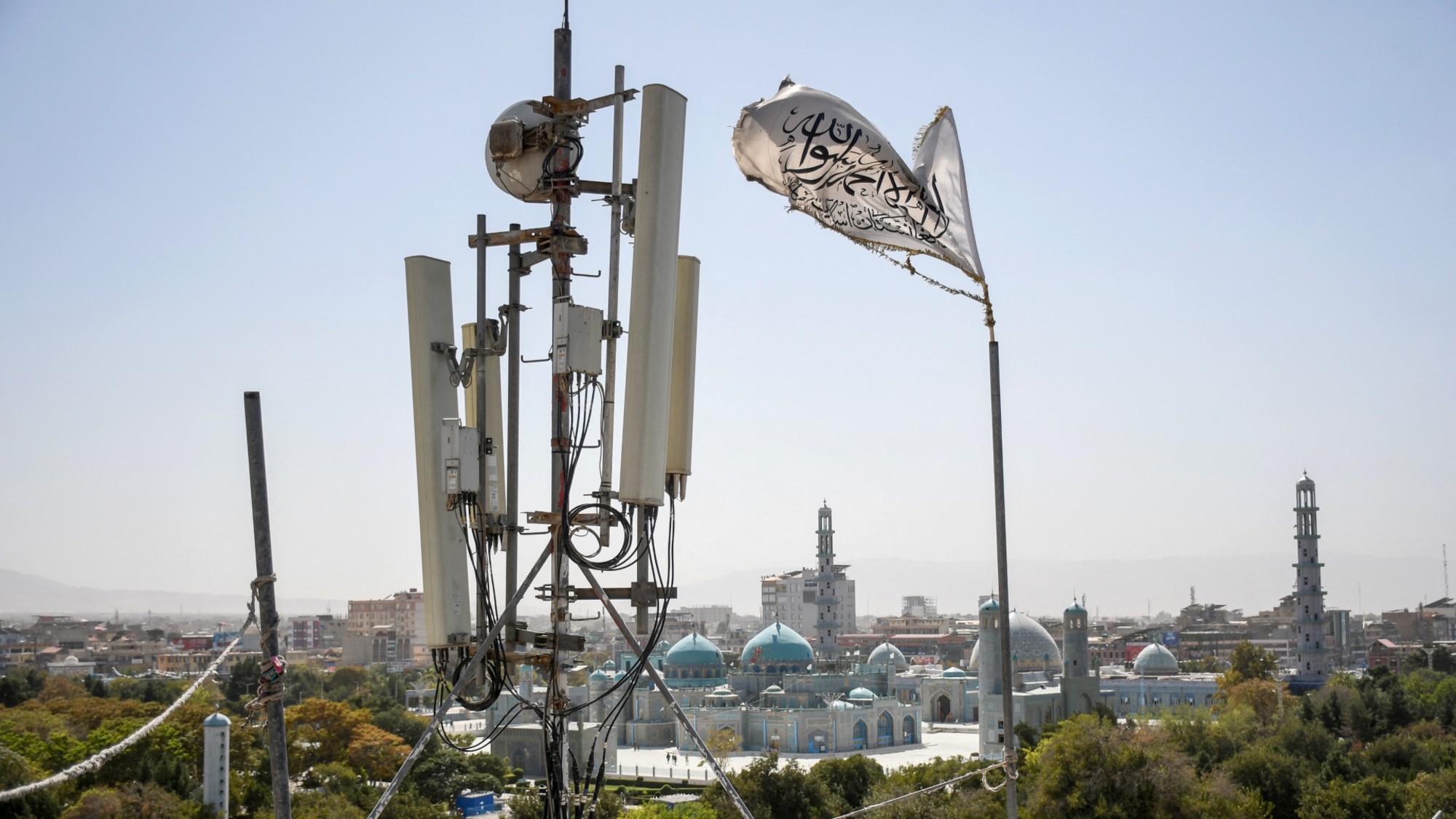 ‘The Taliban delivers yet another brutal blow’
‘The Taliban delivers yet another brutal blow’Instant Opinion Opinion, comment and editorials of the day
-
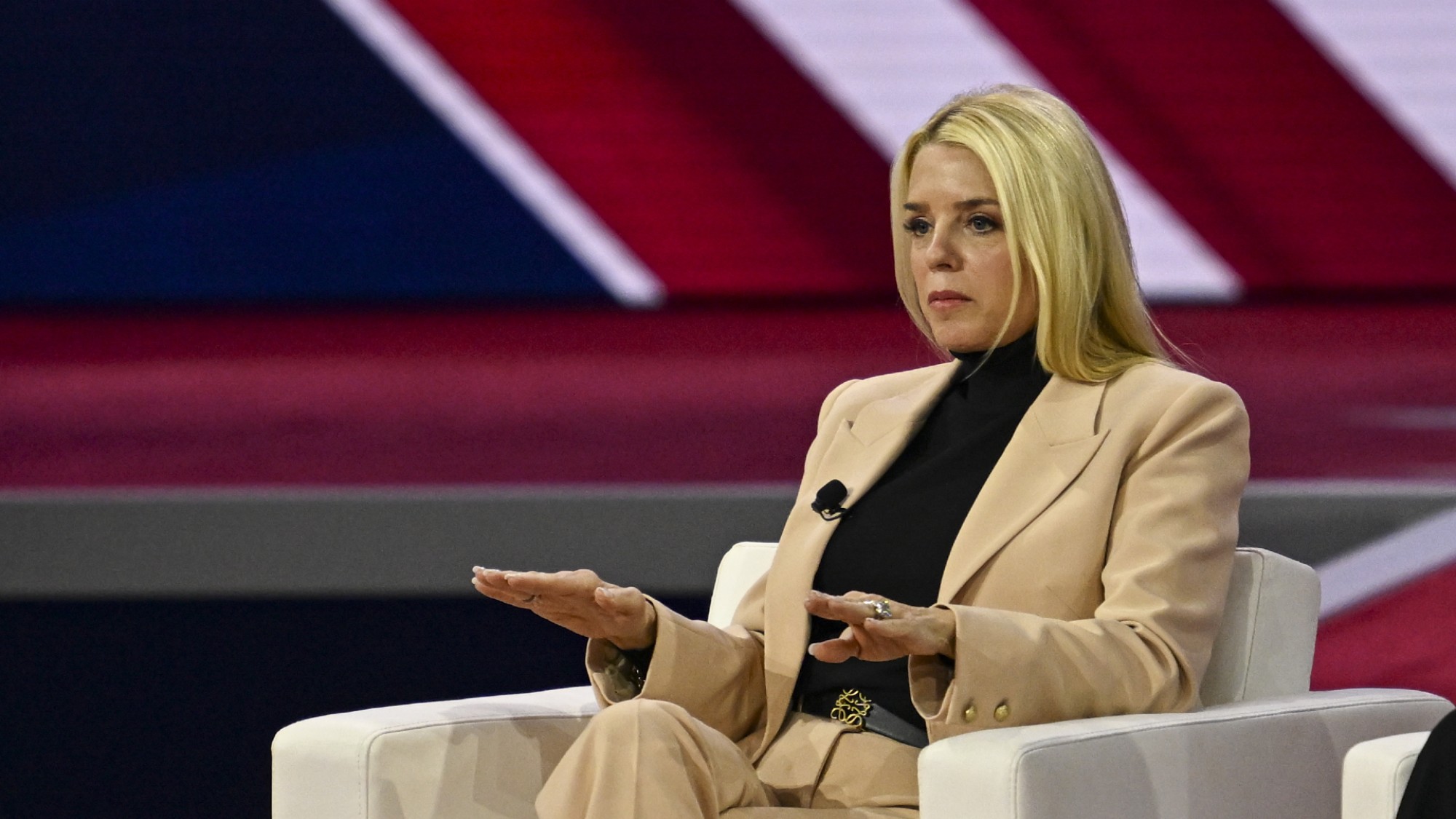 Pam Bondi, Donald Trump's second pick for AG, has a long history with the president-elect
Pam Bondi, Donald Trump's second pick for AG, has a long history with the president-electIn the Spotlight Bondi was selected after Trump's first pick, Matt Gaetz, removed himself from contention
-
 Daniel Lurie: San Francisco's moderate next mayor
Daniel Lurie: San Francisco's moderate next mayorIn the Spotlight Lurie beat a fellow Democrat, incumbent Mayor London Breed, for the job
-
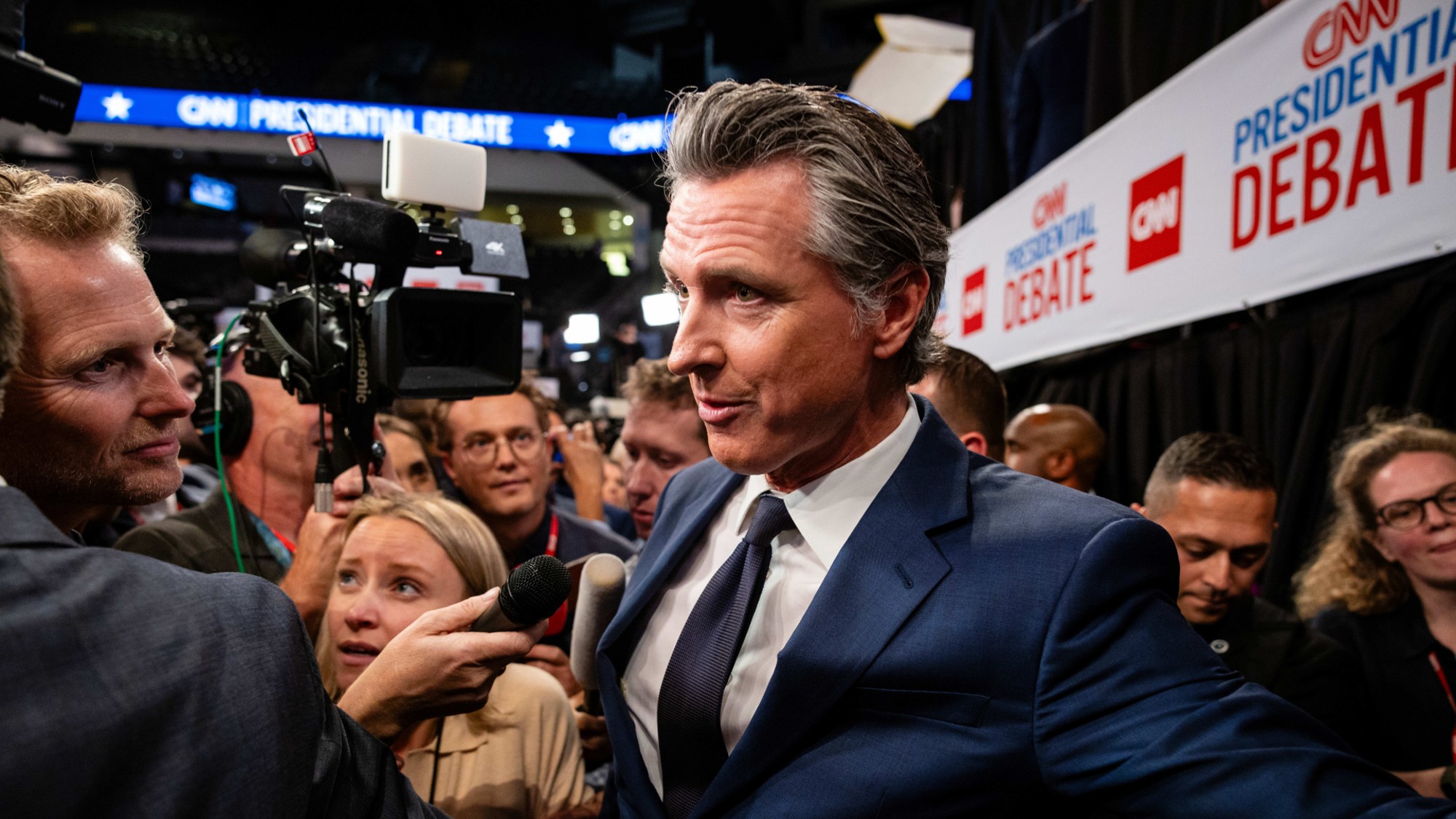 Gavin Newsom, the California governor who could hit the national stage
Gavin Newsom, the California governor who could hit the national stageIn the Spotlight Newsom's name has been floated as a presidential candidate for 2028 — or maybe before then
-
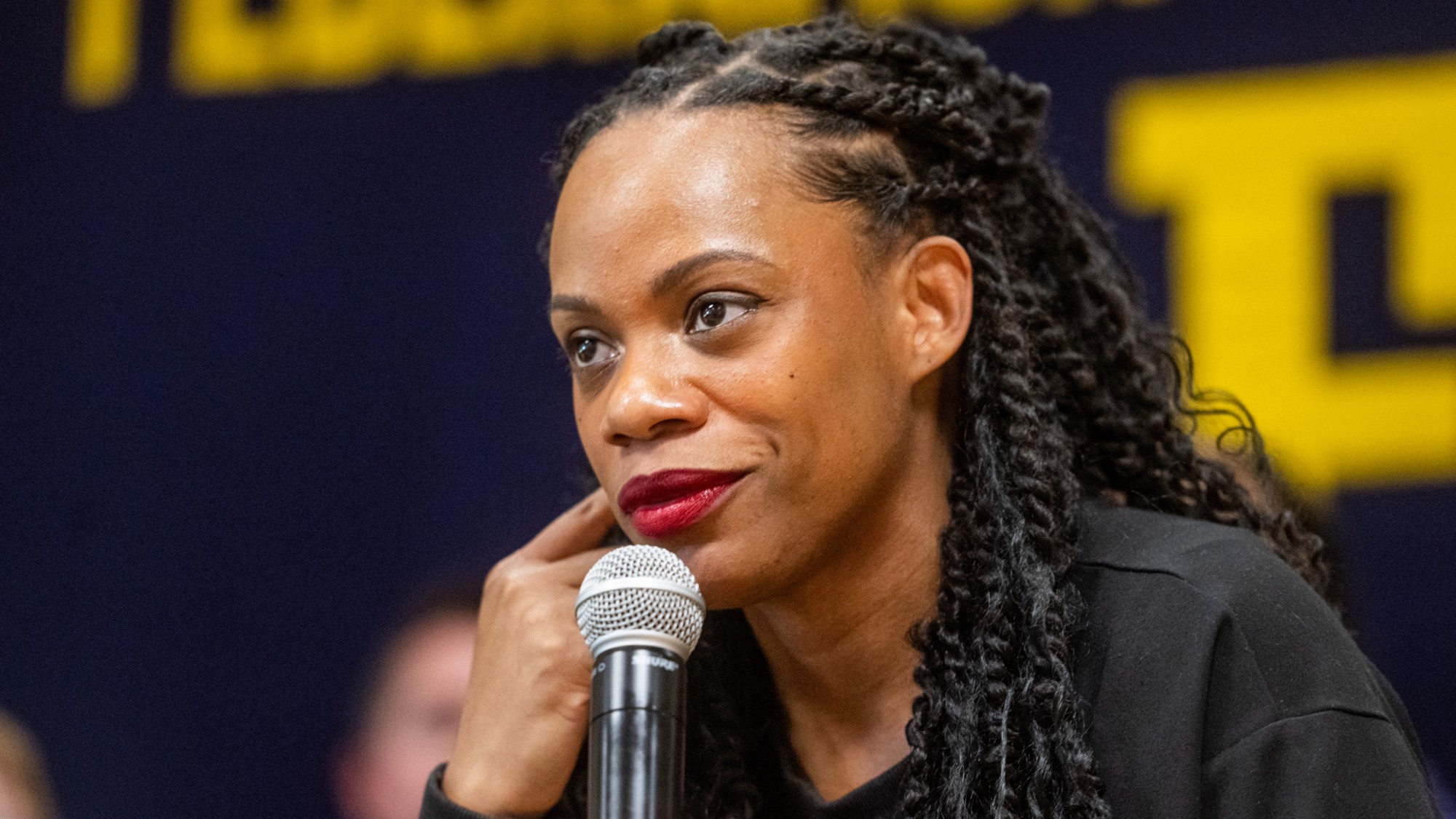 Summer Lee, the Pennsylvania 'squad' member who beat back a primary challenge
Summer Lee, the Pennsylvania 'squad' member who beat back a primary challengeIn the Spotlight Lee is the first Black woman ever elected to Congress from the Keystone State
-
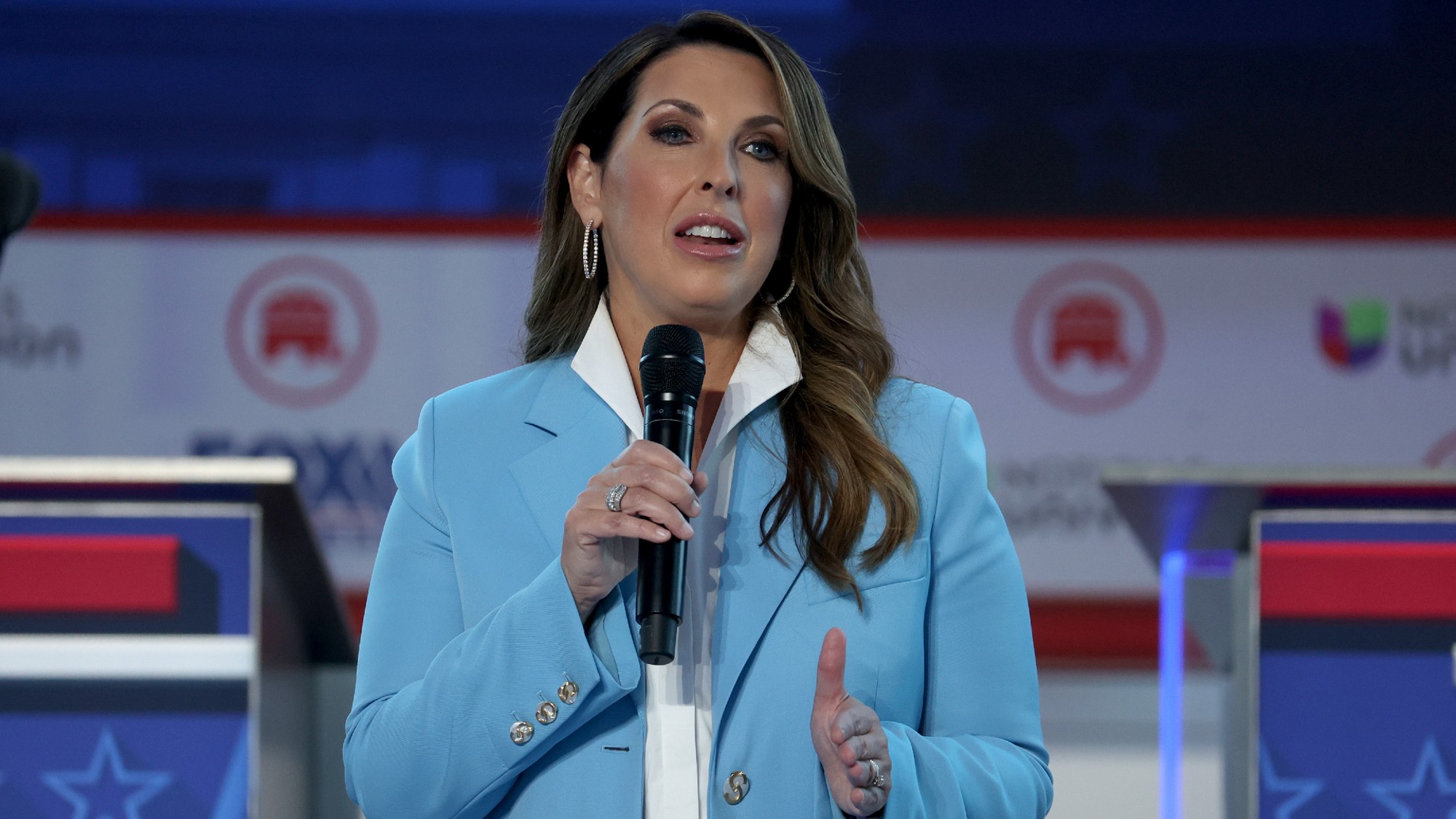 Ronna McDaniel, the former RNC chair and departed NBC analyst, may be signaling a shift in corporate media
Ronna McDaniel, the former RNC chair and departed NBC analyst, may be signaling a shift in corporate mediaThe Explainer McDaniel joined NBC less than a month after stepping down from the RNC — and was out days later
-
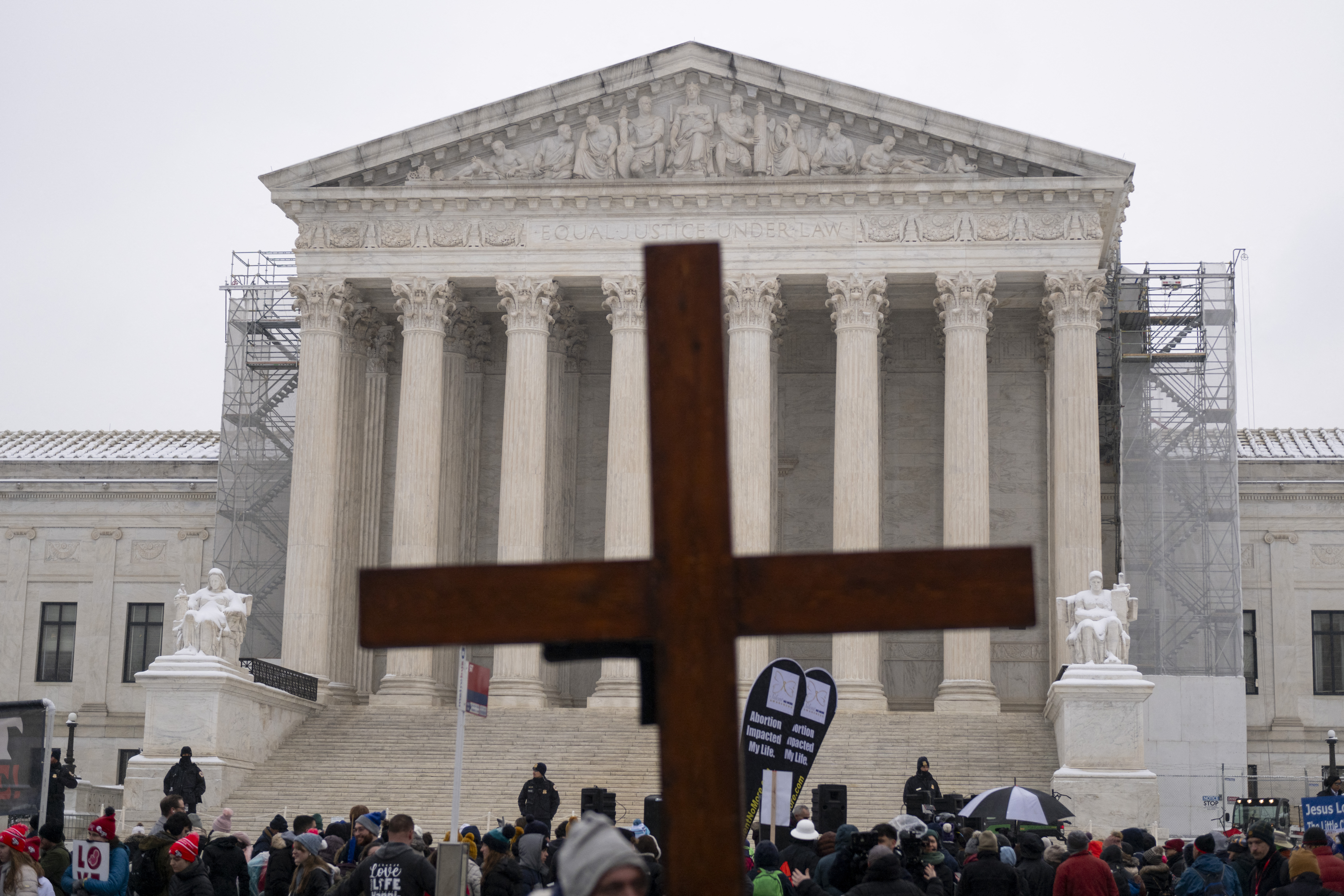 'The anti-abortion movement's religious worship of the union of egg and sperm'
'The anti-abortion movement's religious worship of the union of egg and sperm'Instant Opinion Opinion, comment and editorials of the day
-
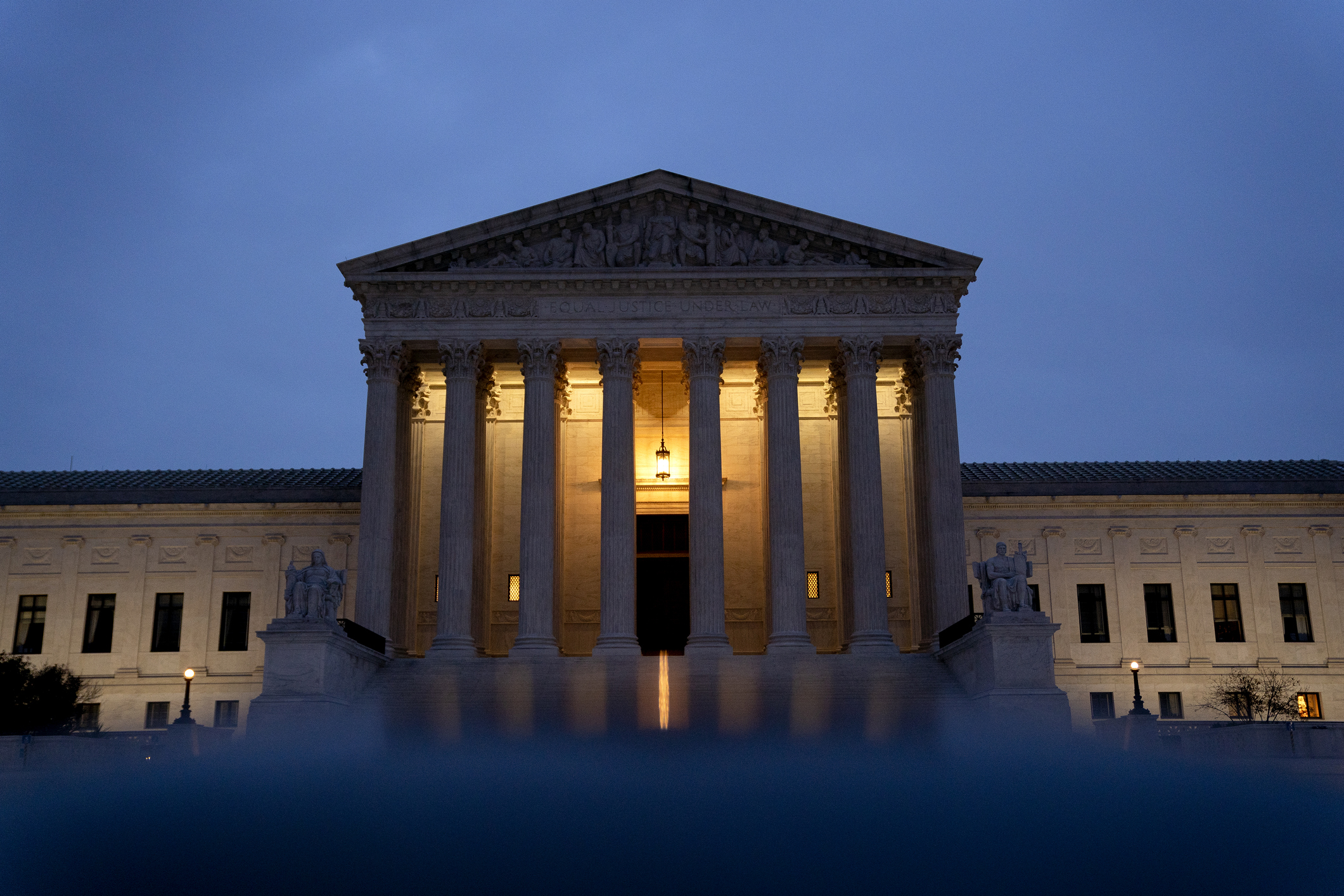 'Relying on unelected justices to read rights into the Constitution is dangerous business'
'Relying on unelected justices to read rights into the Constitution is dangerous business'Instant Opinion Opinion, comment and editorials of the day